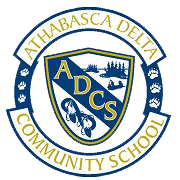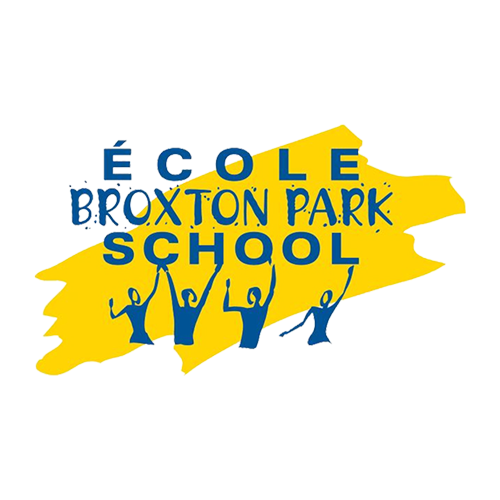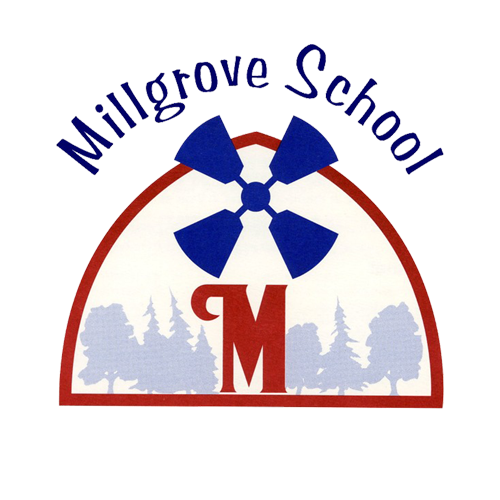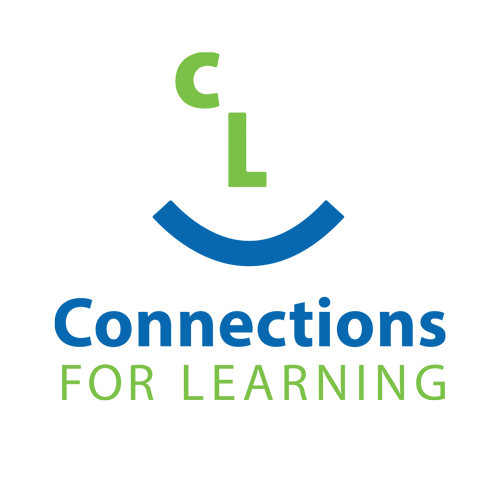12: Role of the Superintendent
Policy
The Superintendent is the Chief Executive Officer of the Board and the Chief Education Officer of the Division. The Superintendent reports directly to the corporate Board, and is accountable to the Board of Trustees for the conduct and operation of the Division. All Board authority delegated to the staff of the Division is delegated through the Superintendent.
Leadership Quality Standard 1 - Building Effective Relationships
1. The Superintendent establishes a welcoming, caring, respectful and safe learning environment by building positive and productive relationships with members of the school community and local community; specifically, the Superintendent:
1.1. Collaborates with community and provincial agencies to address the needs of students and their families;
1.2. Employs team-building strategies and utilizes solution-focused processes to resolve challenges;
1.3. Models ethical leadership practices, based on integrity and objectivity;
1.4. Establishes constructive relationships with students, staff, school councils, parents or guardians, employee organizations, the education ministry and other stakeholder organizations; and
1.5. Facilitates the meaningful participation of members of the school community and local community in decision-making.
Leadership Quality Standard 2 - Modeling Commitment to Professional Learning
2. The Superintendent engages in career-long professional learning and ongoing critical reflection, identifying and acting on research informed opportunities for enhancing leadership, teaching, and learning; specifically, the Superintendent:
2.1. Communicates a philosophy of education that is student-centered and based on sound principles of effective teaching and leadership;
2.2. Collaborates with teachers, principals, school jurisdiction leaders and other Superintendents to build professional capacities and expertise;
2.3. Actively seeks out feedback and information from a variety of sources to enhance leadership practice;
2.4. Seeks, and critically-reviews, educational research and applies it to decisions and practices, as appropriate;
2.5. Provides leadership to support school authority research intiatives, shere appropriate; and
2.6. Engages teachers, principals, school jurisdiction leaders, school community and local community members to establish a shared understanding of current trends and priorities in the education system.
Leadership Quality Standard 3 - Visionary Leadership
3. The Superintendent engages with the school community in implementing a vision of a preferred furture for student success, based on common values and beliefs; specifically, the Superintendent:
3.1. Ensures that the vision is informed by research on effective learning, teaching and leadership;
3.2. Promotes innovation and continuous improvement by building structures and developing strategies to support staff in professional collaboration;
3.3. Promotes, within the school community, a common understanding of and support for the school authority’s goals, priorities, and strategic initiatives; and
3.4. Ensures that the vision expressed in the school authority’s education plan is responsive to the ongoing review of the school authority’s achievements, meets all requirements identified in provincial legislation, and incorporates the school community’s perspectives.
Leadership Quality Standard 4 - Leading Learning
4. The Superintendent establishes and sustains a learning culture in the school community that promotes ongoing critical reflection on practice, shared responsibility for student success and continuous improvement; specifically, the Superintendent:
4.1. Fosters, in the school community, equality and respect with regard to rights as provided for in the Alberta Human Rights Act and the Canadian Charter of Rights and Freedoms;
4.2. Provides learning opportunities, based on research-informed principles of effective teaching, learning and leadership, to support building the capacity of all members of the school community to fulfill their educational roles;
4.3. Ensures that all instruction in the school authority addresses learning outcomes outlined in programs of study;
4.4. Promotes collegial relations, collaboration, critical thinking and innovation in the school community;
4.5. Ensures that staff have access to resources, programs and expertise to support them in meeting their professional responsibilities and in addressing the learning needs of all students;
4.6. Expands the leadership capacity of principals and school jurisdiction leaders, and holds them accountable for providing instructional leadership through effective support, supervision and evaluation practices; and
4.7. Ensures that school authority student assessment and evaluation procedures are fair, appropriate, evidence-informed and used to enhance learning, teaching and leadership.
Leadership Quality Standard 5 - Ensuring First Nations, Métis and Inuit Education for All Students
5. The Superintendent establishes the structures and provides the resources necessary for the school community to acquire and apply foundational knowledge about First Nations, Métis and Inuit for the benefit of all students; specifically, the Superintendent:
5.1. Supports staff in accessing the professional learning and capacity-building needed to meet the learning needs of First Nations, Métis, Inuit and all other students;
5.2. Engages and collaborates with neighbouring First Nations and Métis leaders, organizations and communities to optimize learning success and development of First Nations, Métis, Inuit and all other students;
5.3. Demonstrates an understanding of historical, social, economic, and political implications of:
5.3.1. Treaties and agreements with First Nations;
5.3.2. Legislation and agreements negotiated with Métis; and
5.3.3. Residential schools and their legacy;
5.4. Aligns school authority resources and building organizational capacity to support First Nations, Métis and Inuit student achievement; and
5.5. Pursues opportunities and engages in practices to facilitate reconciliation within the school community.
Leadership Quality Standard 6 - School Authority Operations and Resources
6. The Superintendent directs school authority operations and strategically allocates resources in the interests of all students and in alignment with the school authority's goals and priorities; specifically, the Superintendent:
6.1. Provides direction on fiscal and resource management in accordance with all statutory, regulatory and school authority requirements;
6.2. Ensures the effective alignment of the school authority’s human resources to achieve the school authority’s education plan;
6.3. Delegates responsibility to staff, where appropriate, to enhance operational efficiency and effectiveness;
6.4. Provides for the support, ongoing supervision and evaluation of all staff members in relation to their respective professional responsibilities;
6.5. Establishes data-informed strategic planning and decision-making processes that are responsive to changing contexts;
6.6. Respects cultural diversity and appreciating differing perspectives expressed in the school community;
6.7. Recognizes student and staff accomplishments; and
6.8. Implements programs and procedures for the effective management of human resources in support of mentorship, capacity-building and succession planning.
Leadership Quality Standard 7 - Supporting Effective Governance
7. The Superintendent of schools as referred to in the School Act, as Chief Executive Officer of the Board and Chief Education Officer of the school authority, provides the Board with information, advice and support required for the fulfillment of its governance role, and reports to the Minister on all matters required of the Superintendent as identified in the School Act and other provincial legislation; specifically, the Superintendent:
7.1. Establishes and Sustains a productive working relationship with the Board, based on mutual trust, respect and integrity;
7.2. Ensures that all students and staff are provided with a welcoming, caring, respectful and safe learning environment that respects diversity and fosters a sense of belonging;
7.3. Ensures that all students in the school authority have the opportunity to meet the standards of education set by the Minister of Education;
7.4. Ensures that the Board’s plans, resource allocations, strategies and procedures lead to the achievement of its goals and priorities;
7.5. Ensures that the Board’s fiscal and resource management is in accordance with all statutory, regulatory and Board requirements;
7.6. Supports the Board in the fulfilment of its governance functions in the fiduciary, strategic and generative realms;
7.7. Implements Board policies and supports the regular review and evaluation of their impact;
7.8. Ensures the support, ongoing supervision and evaluation of all staff members in relation to their respective professional responsibilities;
7.9. Facilitates collaboration among the Board, staff and First Nations, Métis and Inuit leaders, organizations and communities to establish strategic policy directions in support of First Nations, Métis and Inuit student achievement and development;
7.10. Builds the capacity of the Board and staff to predict, communicate and respond to emergent circumstances, including emergency readiness and crisis management, and to political, social, economic, legal and cultural contexts and trends;
7.11. Supports the Board in its engagement with the school community to develop a vision of a preferred future for student success;
7.12. Facilitates ongoing public communication about the Board’s operations and the achievement of its goals and priorities; and
7.13. Promotes constructive relations between the Board and staff, as well as provincial authorities, post-secondary institutions and education stakeholder organizations.
Approved:























